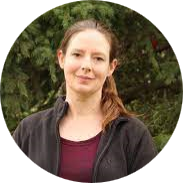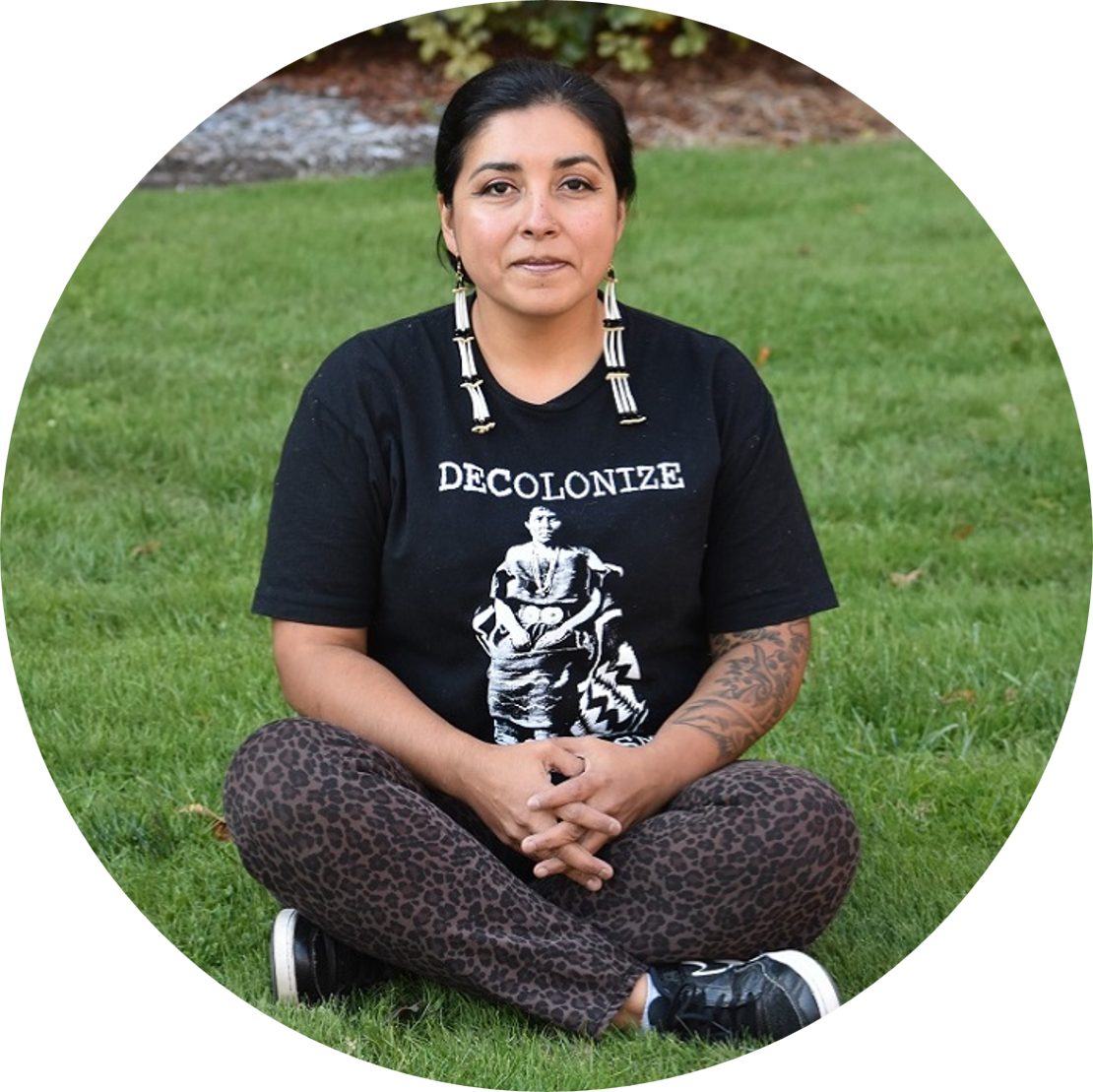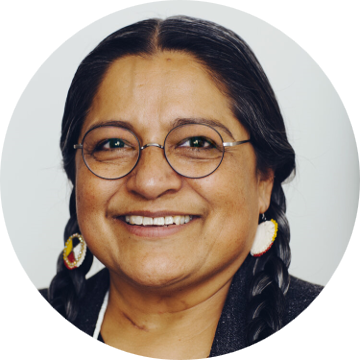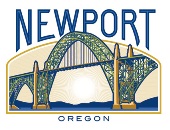Contact Us
| Newport Public Library | |
| 35 NW Nye St. Newport, OR 97365 |
541.265.2153 |
Building Open Hours
| Tuesday, Friday | 10:00 a.m. - 6:00 p.m. |
| Wednesday, Thursday | 10:00 a.m. - 7:00 p.m. |
| Saturday | 11:00 a.m. - 5:00 p.m. |
Book Return Hours
| Our book returns are always open. |
Search the Internet
Library Newsletter
Enter your email address in the box below to subscribe to our monthly newsletter and receive updates about all the fun things happening at the Library.
Research Articles
Connect With Us
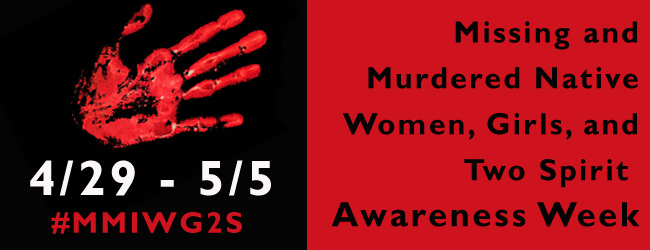
May 5th, 2021 is a Day of Awareness for the epidemic of Missing and Murdered Native Women, Girls, and Two-Spirits.
| READ | |
|---|---|
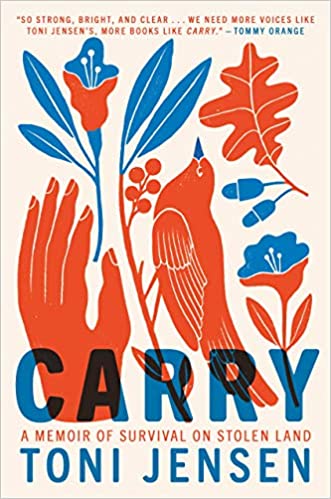 | Carry: An Memoir of Survival on Stolen Land by Toni JensenA powerful, poetic memoir about what it means to exist as an indigenous woman in America, told in snapshots of the author's encounters with gun violence. As a Métis woman, she is no stranger to the violence enacted on the bodies of indigenous women, on indigenous land, and the ways it is hidden, ignored, forgotten. In Carry, Jensen maps her personal experience onto the historical, exploring how history is lived in the body and redefining the language we use to speak about violence in America. Learn more about Toni Jensen
|
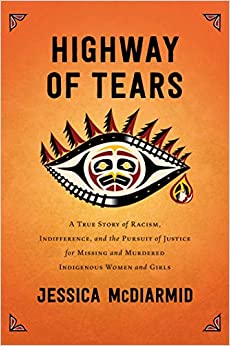 |
Highway of Tears: A True Story of Racism, Indifference, and the Pursuit of Justice for Missing and Murdered Indigenous Women and Girls by Jessica McDiarmidIn the vein of the astonishing and eye-opening bestsellers "I'll Be Gone in the Dark" and "The Line Becomes a River", this stunning work of investigative journalism follows a series of unsolved disappearances and murders of Indigenous women in rural British Columbia. Learn more about Jessica McDiarmid |
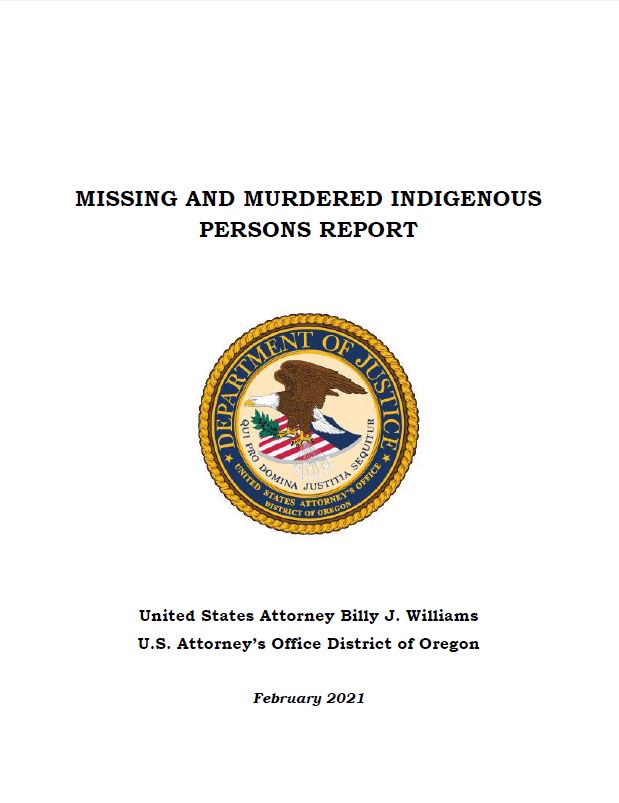 |
Missing and Murdered Indigenous Persons Report for Oregon, February 2021 by U.S. Attorney's Office District of OregonThe purpose of this initial USAO MMIP Report is to provide tribal communities, law enforcement, and the public an overview of the currently available data regarding MMIP cases connected to the District of Oregon and the USAO's MMIP Action Plan for 2021. |
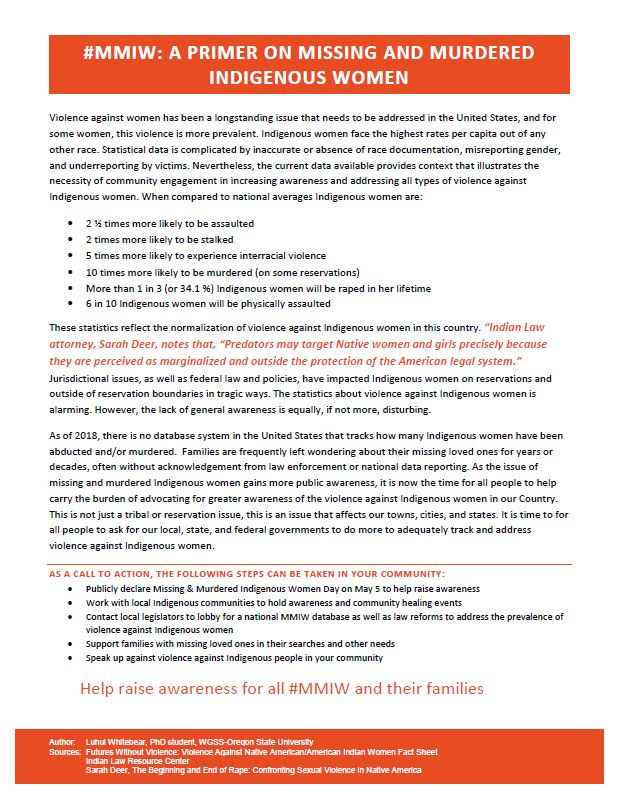 |
#MMIW: A Primer on Missing and Murdered Indigenous Women by Luhui Whitebear, PhD student, WGSS-Oregon State UniversityIndigenous women face the highest rates of violence per capita out of any other race. Learn more about Luhui Whitebear |
| WATCH | |
|---|---|
The Search: Missing and Murdered Indigenous Women by Michael Elsohn RossIndigenous women in the United States experience some of the highest rates of violence and murder in the country, according to federal data. Watch another documentary about how the MMIWG2 epidemic is being addressed in British Columbia |
|
KOIN Coverage on New Report by USAO (above)Native American's experience violence at a disproportionate rate, but investigations are complicated by jurisdictional issues and other factors. Read KOIN's coverage here. |
| MORE INFORMATION | |
|---|---|
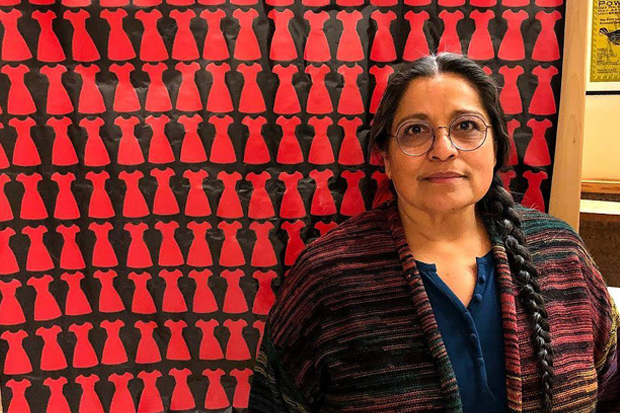 |
Listening Sessions To Inform Missing and Murdered Indigenous Women Law by Brian Bull, KLCCThere are more than 5,700 missing and murdered indigenous women across North America. As KLCC’s Brian Bull reports, a new Oregon law has launched a series of statewide conversations on the issue. Learn more about Tawna Sanchez |
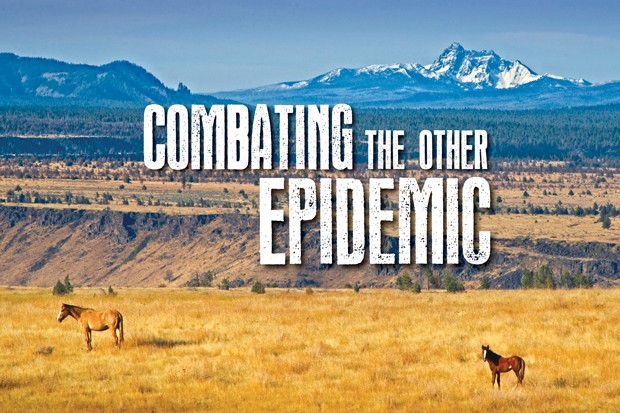 |
Combating the Other Epidemic by Hanna Merzbach, KLCCMissing and murdered indigenous person case numbers have reached epidemic levels, and even counting them is a challenge in Oregon. |
| DO SOMETHING |
|---|
Re-share posts and articles by activists and support groups on social media— example, Coalition to Stop Violence Against Native Women. |
Register to attend an online advocacy event during National Week of Action for MMIWG, made available by the National Indigenous Women's Resource Center. |
Explore the Cultural Competency/Humility & Ally-Building in Indian Country Special Collection. This collection is design for non-Native/Indigenous advocates, policymakers and organizations, media, students, and researchers. |


